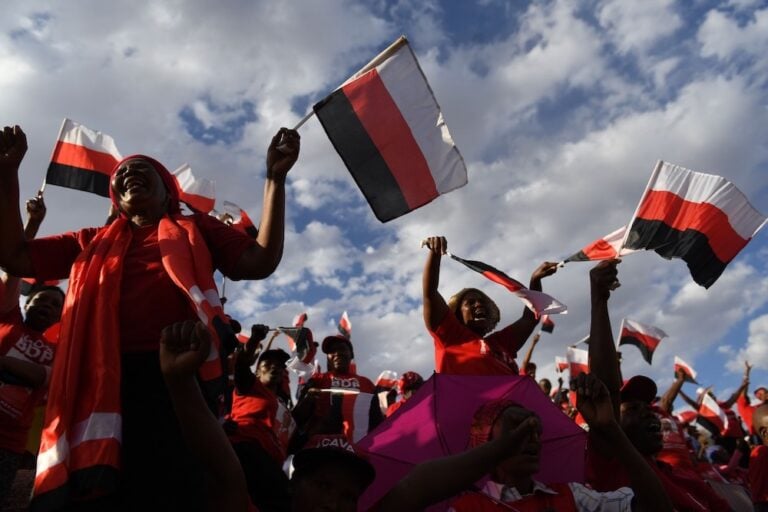Although ARTICLE 19 welcomes the initiative to draft a law on access to information, it falls short of international and regional standards on freedom of expression and requires amendments.
(ARTICLE 19/IFEX) – London 23.05.11: ARTICLE 19 conducted an analysis of the Draft Freedom of Information Bill of Botswana ahead of the presentation of the draft law to parliament at its July sitting. Although ARTICLE 19 welcomes the initiative to draft a law on access to information, it falls short of international and regional standards on freedom of expression and requires amendments. The most glaring shortfall is the complete absence of any provisions establishing institutional mechanisms which would support the implementation of the draft law.
“ARTICLE 19 supports Botswana’s coming draft law on access to information as it marks a positive step towards the effective protection of right to information in the country. However, our analysis demonstrates that there are a number of fundamental weaknesses which ought to be addressed before the draft law is presented to parliament in July,” said Agnes Callamard, ARTICLE 19’s Executive Director.
ARTICLE 19 welcomes a number of features in the draft law, such as the attempt to create a general right of access to information and Part III of the draft law on the affirmative publication of “certain documents and information” by public authorities.
However, as the analysis highlights, the draft law has a number of deficiencies which need to be addressed. Firstly, the complete absence of any provisions establishing an institutional oversight mechanism which would support the implementation of the draft law, such as an Information Ombudsman or Commissioner. Secondly, the draft law does not apply to the judiciary, and only applies to certain public authorities, the President and Commissions of Inquiry appointed by the President. Thirdly, the draft law contains a long and elaborate list of documents that are exempted from the principle of disclosure.
ARTICLE 19 makes a number of recommendations to address the current weaknesses of the draft law. Most importantly, the draft law should provide for a body – such as an Information Commissioner or Ombudsman – to resolve disputes concerning the right to information. The draft law should cover all branches of government including the executive (including the President), the legislature and the judiciary, as well Commissions of Inquiry, among other bodies. Finally, the draft law should also provide that information may not be exempted unless the legitimate interest protected is greater than the public interest in disseminating the information.
While Article 12 of the Constitution of Botswana of 1966 protects freedom of expression and encompasses the “freedom to receive ideas and information without interference”, Botswana does not currently have a legislation implementing RTI.


